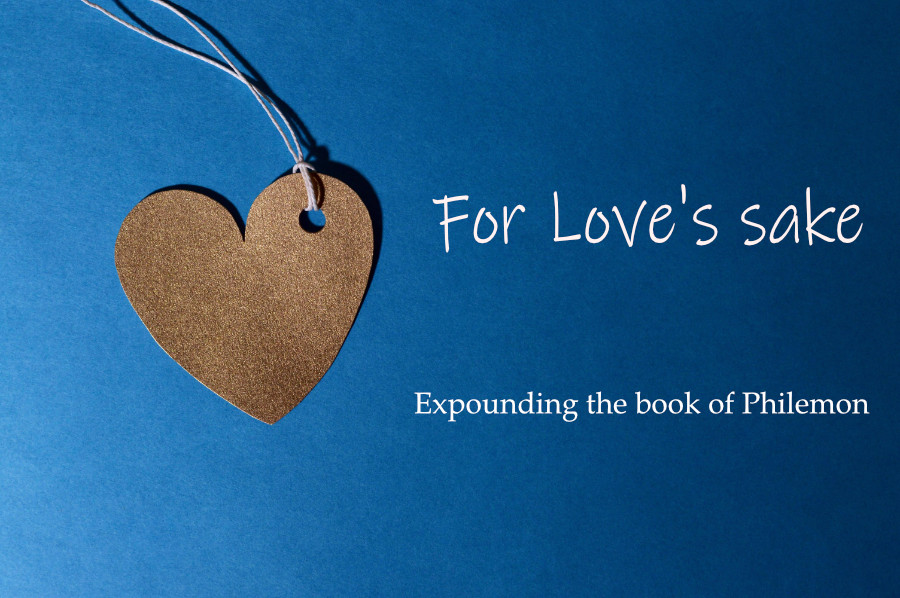Our God is with us, Immanuel
When Adam walked the Garden, newAlong the pathways, God walked tooCommunion sweet, just God and manFellowship was God’s own planTo walk and talk, and there… Read More »Our God is with us, Immanuel
The Pervasiveness of Petty Hatred
In John 5:16 we are given the reason that Jesus was being persecuted: because he was doing ‘these things’ on the Sabbath. What were ‘these… Read More »The Pervasiveness of Petty Hatred
Bluebell Season
It’s that time of the year again; the snowdrops have come and gone, so have the crocuses, and now the choice is Spanish or English,… Read More »Bluebell Season




